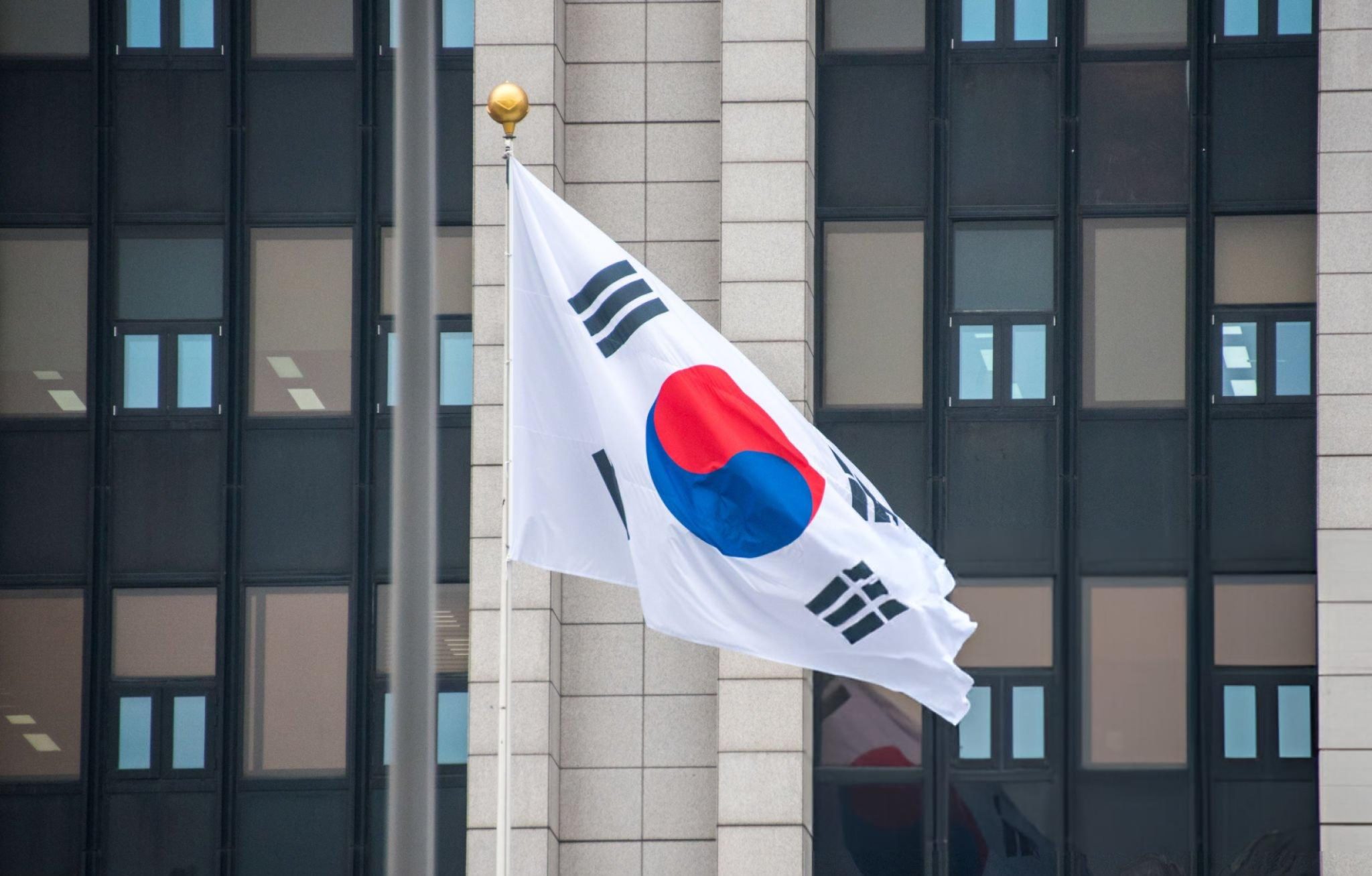A South Korean National Assembly member has urged a halt to wood pellet imports from Indonesia and a thorough investigation into their environmental consequences following evidence linking the country’s biomass trade to deforestation.
Moon Dae-Lim, a lawmaker from South Korea’s main liberal opposition Democratic Party, made the call in written responses to The Associated Press. Moon emphasised the importance of identifying and addressing environmental risks in supply chains to ensure sustainability.
“We should stop imports of wood pellets,” Moon said. “It’s important for our government to investigate exactly what kinds of environmental destruction is occurring on the spot. Identifying and correcting potential risks in supply chains and value chains is key to a sustainable project.”
Rising demand for biomass
Biomass, derived from organic materials like plants and wood, is increasingly in demand as countries transition to renewable energy sources. It can be burned alongside coal in modified power plants, making it a favoured option for reducing carbon emissions.
The International Energy Agency (IEA) has reported a 3% annual increase in bioenergy use between 2010 and 2022, but experts warn that this growth must be managed sustainably. Unsustainable practices, such as deforestation to produce biomass, undermine its potential as a green energy solution.
South Korea, where bioenergy is now the second-largest renewable energy source, imports over 80% of its wood pellets, with Indonesia emerging as a significant supplier.
Deforestation concerns
Satellite analysis and data from environmental groups have linked South Korea’s growing reliance on Indonesian wood pellets to significant deforestation in the Southeast Asian nation. From 2021 to 2024, more than 3,000 hectares of forest were cleared in areas associated with wood pellet production for export to South Korea.
According to the Indonesian NGO Auriga Nusantara, the largest exporter of Indonesian wood pellets to South Korea is Biomasa Jaya Abadi. The company operates near deforested land in Gorontalo province, where satellite imagery from Mighty Earth indicates extensive forest clearing.
Over 60% of biomass produced from pristine forests destroyed for wood pellet production since 2021 was exported to South Korea, AP reported. Indonesian exports to South Korea surged from 50 tons in 2021 to over 68,000 tons in 2023.
Moon argued that blocking imports from suppliers implicated in deforestation, such as Biomasa Jaya Abadi, could prevent further environmental harm. “The Korean government’s active responses to forest destructions can also send a message on the importance of sustainability,” Moon said.
Responses from stakeholders
Biomasa Jaya Abadi defended its practices, stating that its operations adhered to government regulations and included reforestation efforts. “The company’s wood pellet ecosystem has a very rigorous legality, traceability, and compliance procedures,” a spokesperson said.
However, environmental activists have welcomed Moon’s scrutiny, calling it a critical step towards holding the biomass industry accountable. Hansae Song, a programme lead at the NGO Solutions for Our Climate, highlighted the broader implications of South Korea’s energy policies.
“Moon’s questioning represents a pivotal moment,” Song said. “By highlighting the climate injustice tied to South Korea’s energy policies, these inquiries put pressure on the Korea Forest Service to confront its role in failing to regulate high-risk imports.”
Activists have also called for a re-evaluation of subsidy policies that currently favour corporate interests over environmental concerns.
Government’s position
The Korea Forest Service, tasked with overseeing the country’s biomass imports, said it had sought data from Indonesia through a bilateral forestry cooperation centre but had yet to receive a response. The agency noted that Indonesia’s Ministry of Environment and Forestry was recently split into two separate ministries, complicating communication.
The Korea Forest Service maintained that Indonesian wood pellets were produced legally under local regulations. “Each country has rights to govern itself in line with its own economic and environmental policies, and that must be respected,” it said in a statement.
However, the agency acknowledged potential diplomatic and trade disputes if South Korea were to unilaterally restrict imports. “We ask for the Indonesian government to confirm relevant data and validity of certifications of legality,” the statement concluded.
Calls for transparency
With the Indonesian government and private stakeholders yet to respond comprehensively, environmental groups and policymakers like Moon continue to push for greater transparency in the biomass supply chain. As bioenergy becomes a cornerstone of South Korea’s energy transition, ensuring its sustainability remains a critical challenge.







